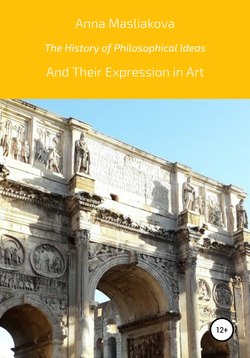Читать книгу The History of Philosophical Ideas and Their Expression in Art - Анна Ивановна Маслякова - Страница 5
Musical and Aesthetic Concept of Alexander Scriabin
ОглавлениеMany years ago one of my College Professors recommended me to read a book about Alexander Scriabin. And from that time on, Scriabin’s creativity has captured my imagination. It goes without saying that Alexander Scriabin is one of the most Mysterious Figures of the 20th century. Not only did he compose Music, but he also wanted to Transform the World by using the Power of Art. In other words, he believed that the Performance of his “Mysterium” comprised of different branches of Art could cause Dematerialization and Rebirth of Humanity.
Alexander Scriabin was an extremely versatile person and his Literary and Philosophical works correspond to his Music. The Early period of his creativity (up to 1900) has very much in common with Romantic tradition and then (from 1900 till 1910) the Center of his Aesthetic interests starts shifting towards the Personality of the Artist who is able to Bring Beauty to the World. This “reorientation” triggered radical changes in his Musical Style, namely Functional Inversion, the Emancipation of the Dissonance and the Compression of the Form. During the Late period of his creativity (from 1910 till 1915) Scriabin was fully occupied with the Realization of his Project and most of his last works could be viewed as “splinters” of the Ideal Piece of Art – the “Mysterium”. “Prometheus: The Poem of Fire” is a fine example of the expression of the Idea of the Total Unity since here Music is complemented by the Color Organ Part (Luce) whereas Melody is derived from Harmony and vice versa (“Prometheus Chord”). Interestingly enough, during the last years of his life his Musical Language was changing towards Simplicity and it seems to me that the so-called “Style of Black Line on White Background” (Prelude op. 74 No. 2) fully expresses Scriabin’s Passion for Unity and Beauty.
In this Book the idea of which appeared when I was writing my previous monograph on the creativity of Alexander Scriabin I am going to scrutinize the way in which different Philosophical Ideas have been conveyed in Art. That is to say, we are going to Travel throughout the Whole History of Humanity and I hope that at the end of our Journey we will know more not only about Art, but also about ourselves.
